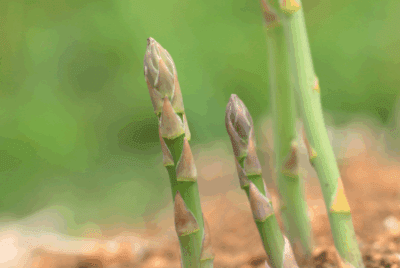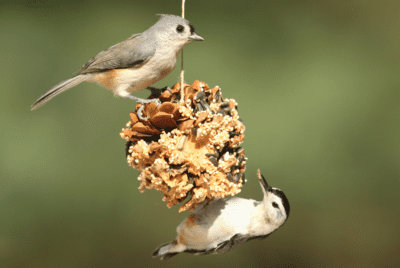RESEARCH
Rationale, Feasibility, and Acceptability of the Meeting in Nature Together (MINT) Program: A Novel Nature-Based Social Intervention for Loneliness Reduction with Teen Parents and Their Peers
Summary
This study looked at a program called Meeting in Nature Together (MINT) to see if it could help reduce feelings of loneliness in pregnant and parenting teenagers, as well as some of their friends, at a charter school in Colorado. Because young parents are often more isolated, the researchers wanted to try a new approach that involved being in nature and connecting with others. The MINT program was an 8-week elective course that happened during the school day in the fall of 2020 (online) and spring of 2021 (a mix of online and in-person park walks). About 17 students aged 14 to 19 participated across both semesters. The program included things like discussions, nature walks, mindfulness exercises, journaling, and taking nature photos. The researchers wanted to know if this type of program was doable and if the students liked it.
To figure this out, the researchers collected different types of information. They looked at how often students attended the sessions and if they completed the program. They also asked the students to fill out questionnaires about their loneliness levels before and after the program and to give feedback about what they thought of MINT. Additionally, the researchers recorded and transcribed the online sessions and wrote down their own notes after each session to capture what happened and how the students seemed to be responding. They then looked at all this information to see if the program seemed to work and what aspects the students found helpful.







